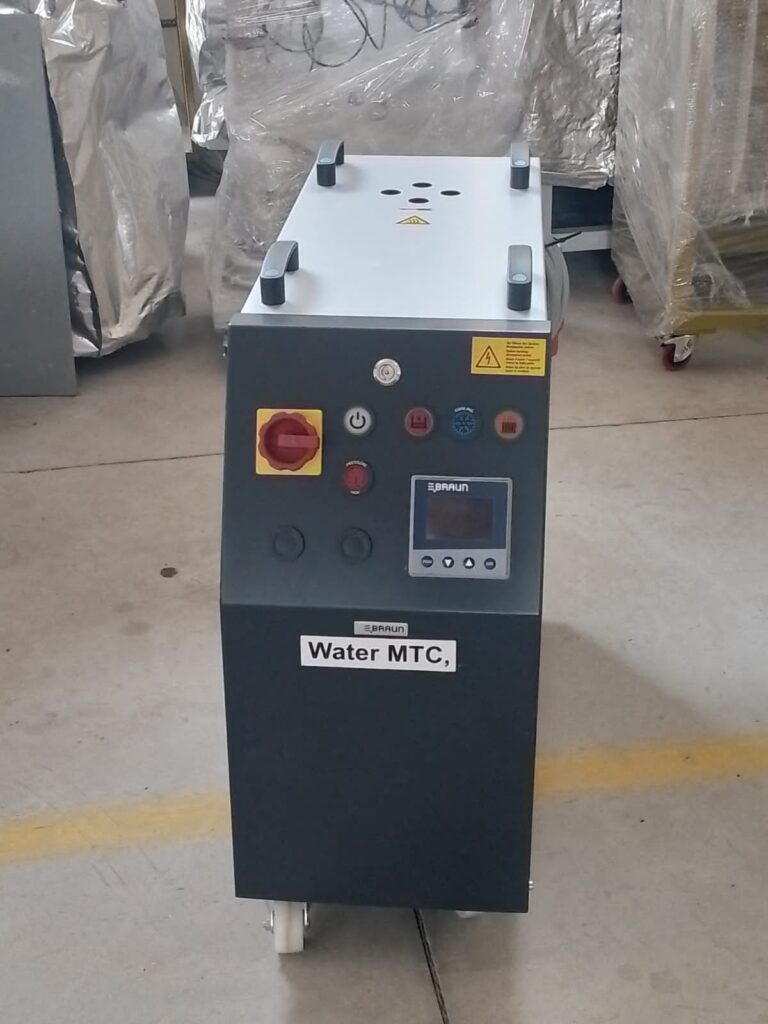Temperature Control Units for Heat Transfer Fluids
Temperature control is a critical aspect of many industrial processes, especially those involving heat transfer fluids. Whether you’re in the plastics industry, manufacturing, or any field where precise temperature regulation is vital, Temperature Control Units (TCUs) play a crucial role. In this blog, we’ll explore the importance of TCUs and how they enhance efficiency and productivity in various applications.
Understanding Temperature Control Units (TCUs)
Temperature Control Units, often referred to as temperature control systems or temperature controllers, are devices designed to precisely regulate the temperature of a heat transfer fluid. These units are commonly used in industries like injection molding, where maintaining a consistent temperature is paramount to product quality.
The Role of TCUs in Injection Molding
In the injection molding process, a temperature control unit for injection molding is indispensable. It helps ensure that the molten plastic material remains at the optimal temperature throughout the process. This consistency is essential for producing high-quality, defect-free plastic parts.
TCUs consist of a temperature control module that communicates with sensors to monitor and adjust the heat transfer fluid’s temperature. By doing so, they contribute to a smoother and more efficient injection molding process.
Automatic Water Temperature Control System
While TCUs are commonly associated with oil-based heat transfer fluids, there are also temperature control units for water-based systems. These automatic water temperature control systems are ideal for applications where water is the heat transfer medium.

Benefits of Using Temperature Control Units
- Improved Product Quality: TCUs ensure that the heat transfer fluid maintains a consistent temperature, reducing the risk of defects in the final product.
- Energy Efficiency: Temperature control units optimize energy consumption by only heating or cooling the fluid as needed, leading to cost savings.
- Enhanced Productivity: Precise temperature control minimizes downtime and reduces the need for manual adjustments, increasing overall production efficiency.
- Extended Equipment Life: TCUs help prevent overheating or undercooling of equipment, which can prolong the lifespan of your machinery.
- Safety: Temperature control units come equipped with safety features that can shut down the system in case of malfunctions, protecting both equipment and personnel.

Products – Temperature Control Units
When selecting a TCU for your application, consider factors like the desired temperature range, flow rate, and compatibility with your heat transfer fluid. There are various manufacturers and models available, each catering to specific needs.
In conclusion, Temperature Control Units (TCUs) are indispensable tools in industries that rely on precise temperature regulation, such as injection molding. They ensure consistent product quality, energy efficiency, and equipment longevity. Whether you need a temperature control unit for water-based or oil-based systems, there are options available to suit your specific requirements. Make an informed choice to optimize your processes and enhance your productivity.

